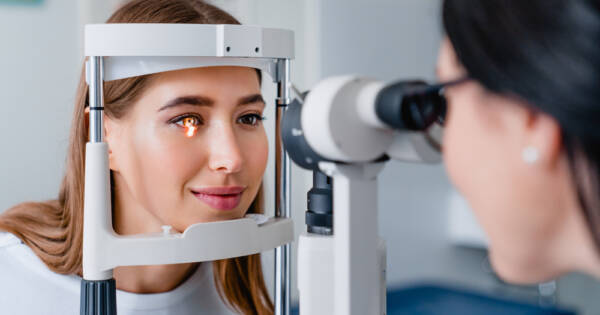Bipolar disorder can be difficult to recognize, especially in its early stages. Proper testing plays a key role in making an accurate diagnosis. Understanding how mental health professionals evaluate symptoms helps individuals and families better navigate the process. With the right approach, it’s possible to receive the support needed for effective treatment and long-term stability.
Understanding Bipolar Tests and Their Role in Diagnosis
Bipolar disorder, known for its extreme mood swings that include episodes of mania and depression, significantly impacts an individual’s ability to perform everyday tasks. It is typically diagnosed during late adolescence or early adulthood and often requires a comprehensive diagnostic approach. This includes ruling out other medical conditions or disorders through a physical exam, blood and urine tests, and a psychological assessment by a healthcare professional.
The process aims to differentiate bipolar disorder from other mental health conditions with overlapping symptoms, such as anxiety disorders or schizophrenia. This diagnostic complexity is heightened when factoring in conditions like borderline personality disorder, or when patients exhibit impaired memory during manic episodes.
The Role of the Mood Disorder Questionnaire (MDQ)
The Mood Disorder Questionnaire (MDQ) is a widely recognized tool in the preliminary screening of bipolar disorder, serving as an educational resource to increase awareness and aid early detection. Developed and validated by Hirschfeld et al. in 2000, this tool is effective in identifying the presence of bipolar spectrum disorder.
However, it is important to note that the MDQ is not a diagnostic tool. It is intended to be a preliminary step in the identification process, and any results should be shared with a healthcare provider to ensure comprehensive evaluation and management. The reliability and validity of the MDQ are well-documented, yet it is crucial for users to recognize the disclaimers associated with its use, emphasizing that no liability is claimed for its outcomes without professional consultation.
Challenges in Diagnosing Bipolar Disorder
Diagnosing bipolar disorder accurately is a nuanced process that involves differentiating it from other mental health conditions. The various types of bipolar disorder, such as Bipolar I, Bipolar II, and Cyclothymic disorder each present distinct diagnostic criteria and require a careful review of symptoms through structured interviews. Bipolar I involves at least one manic episode, while Bipolar II includes hypomania and depressive episodes. Cyclothymic disorder is noted for mood swings that do not fully meet the criteria for mania or depression.
The absence of a biological marker for bipolar disorder also complicates diagnosis, necessitating structured interviewing tools such as the Structured Clinical Interview for DSM-IV and the Schedule for Affective Disorders and Schizophrenia. Self-report measures like the MDQ and the General Behavior Inventory aid in identifying potential bipolar disorder cases, but these must be supplemented by professional assessments to ensure accuracy.
Comprehensive Management and Treatments for Bipolar Disorder
Bipolar disorder management is a lifelong commitment that typically involves an integrated approach of medications and psychotherapy to regularly monitor symptoms and prevent relapses. Medication regimes often consist of mood stabilizers, antipsychotics, and antidepressants, with personalized dosing that minimizes side effects. Various therapeutic approaches, such as cognitive behavioral therapy, family-focused therapy, and psychoeducation, are cornerstone treatment methods for managing bipolar disorder symptoms alongside medications.
Lifestyle modifications also play a crucial role in managing bipolar disorder effectively. Regular exercise, a healthy diet, avoiding alcohol and drugs, and establishing consistent sleep patterns substantiate the overall treatment plan. For some individuals not responding to standard treatment, interventions like electroconvulsive therapy (ECT) and transcranial magnetic stimulation (TMS) may be considered as alternatives.
Why You Should Learn More About Bipolar Tests Today
Understanding the intricate processes and tools involved in diagnosing bipolar disorder is vital for effective management and treatment. The importance of accurate diagnosis cannot be overstated, as it ensures the development of tailored treatment plans that address specific symptoms and reduce the risk of recurrence.
Screening tools like the Mood Disorder Questionnaire offer a valuable starting point, yet they must be part of a broader diagnostic strategy that includes professional assessments for reliable outcomes. For those impacted by bipolar disorder, whether patients or loved ones, gaining comprehensive knowledge on the available tests and approaches is crucial for better awareness, early detection, and informed decision-making in the pursuit of mental health care.
Sources
Screening Tools for Bipolar Disorder
Treatment Approaches for Bipolar Disorder





